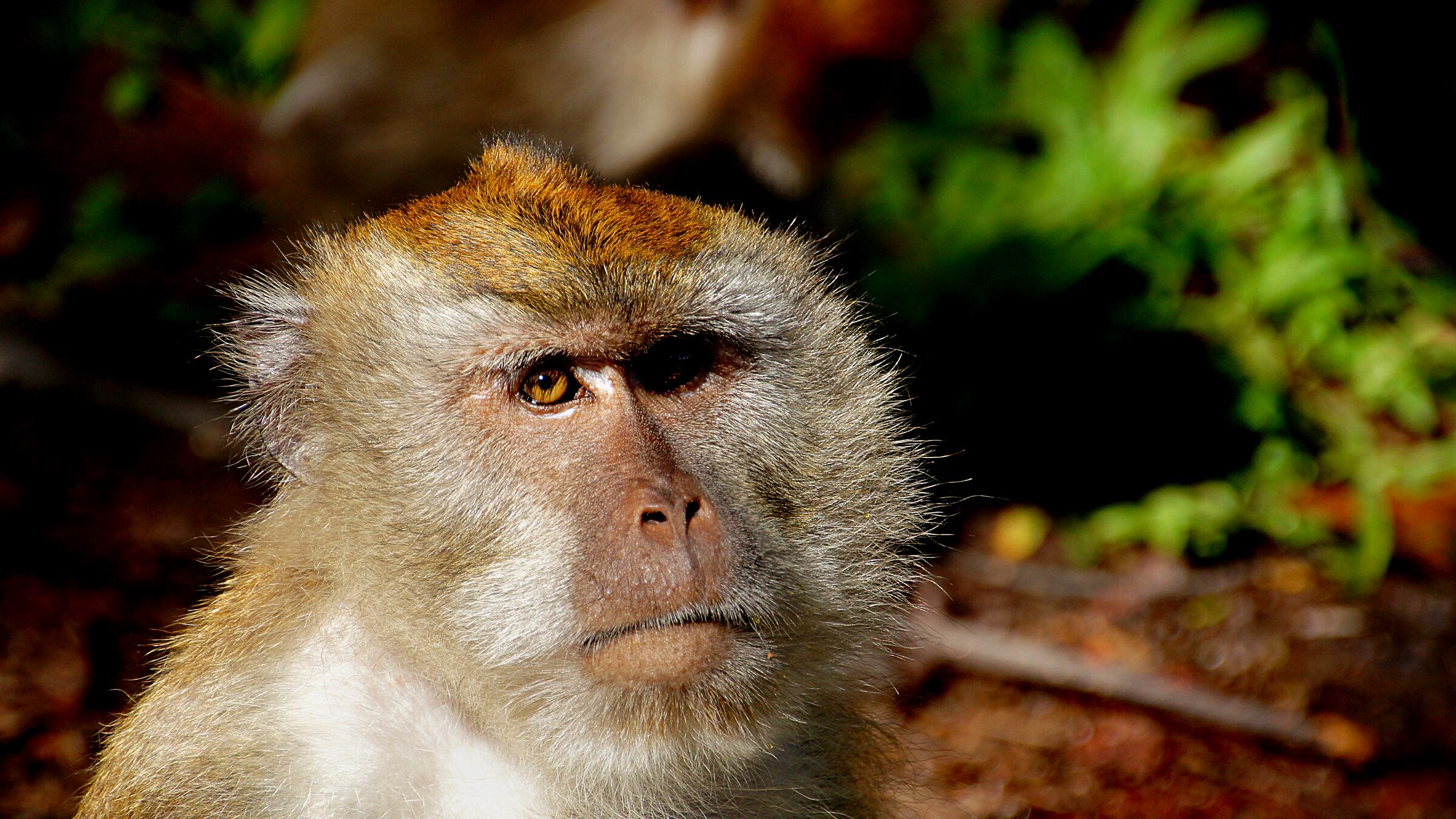The September death of a macaque in a Legacy Health animal lab has drawn the ire of activists.
The macaque died during a Sept. 9 procedure in which an anesthesia machine was used incorrectly. A pop-off valve was left closed during the procedure, which led to fatal air pressure in the monkey’s lungs.
“This level of negligence suggests that the experimenters who were using the monkey as an experimental tool viewed that animal as nothing more than an inanimate object,” said Dr. Alka Chandna, vice president of laboratory investigations cases at People for the Ethical Treatment of Animals. “For this monkey to have suffered such pain and distress is inexcusable.”
The incident is the latest Oregon animal death publicized by PETA. One primate death might seem like a footnote in a torrent of bad news these days, but it provides useful ammunition to activists in their bid to turn the public against animal testing. PETA has been regularly requesting public records from the federal government to find laboratory animal fatalities. Much of the scrutiny has centered on the Oregon National Primate Research Center at Oregon Health & Science University. But Legacy also conducts animal testing in Portland at its Legacy Research Institute.
An inspection report from the U.S. Department of Agriculture says Legacy Health pledges all staff responsible for administering anesthesia will be retrained in order to prevent another such incident. The lab will also install new safety valves.
Legacy Health says that it took appropriate action after the macaque’s death.
“The Legacy Research Institute was found in compliance with U.S. Department of Agriculture regulations,” wrote Legacy Health, “after it confirmed that Legacy took appropriate action following an isolated incident that resulted in the accidental death of a primate under anesthesia.”
But that isn’t enough for PETA. The animal rights organization wants Legacy Health to implement a zero-tolerance policy decreeing that any staff that violates federal law regarding animal welfare not be allowed to again interact with animals.
“Such provisions represent absolute minimum standards in the use of animals,” said Chandna. “Failure to comply with these standards signals a level of disregard for animal welfare that cannot be abided.”
